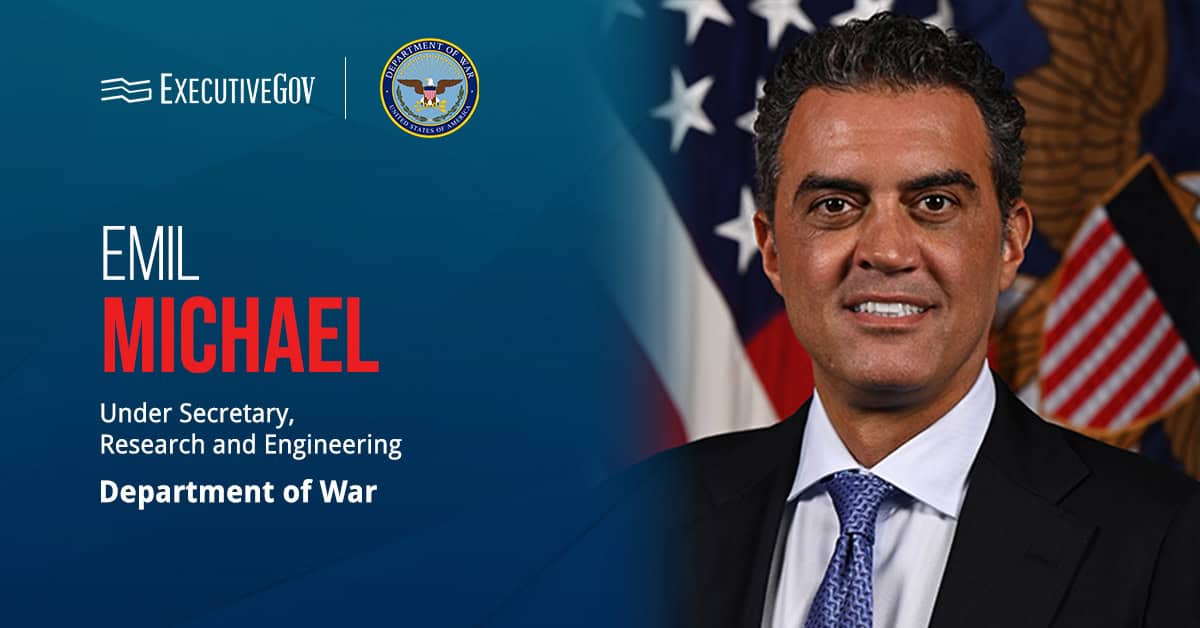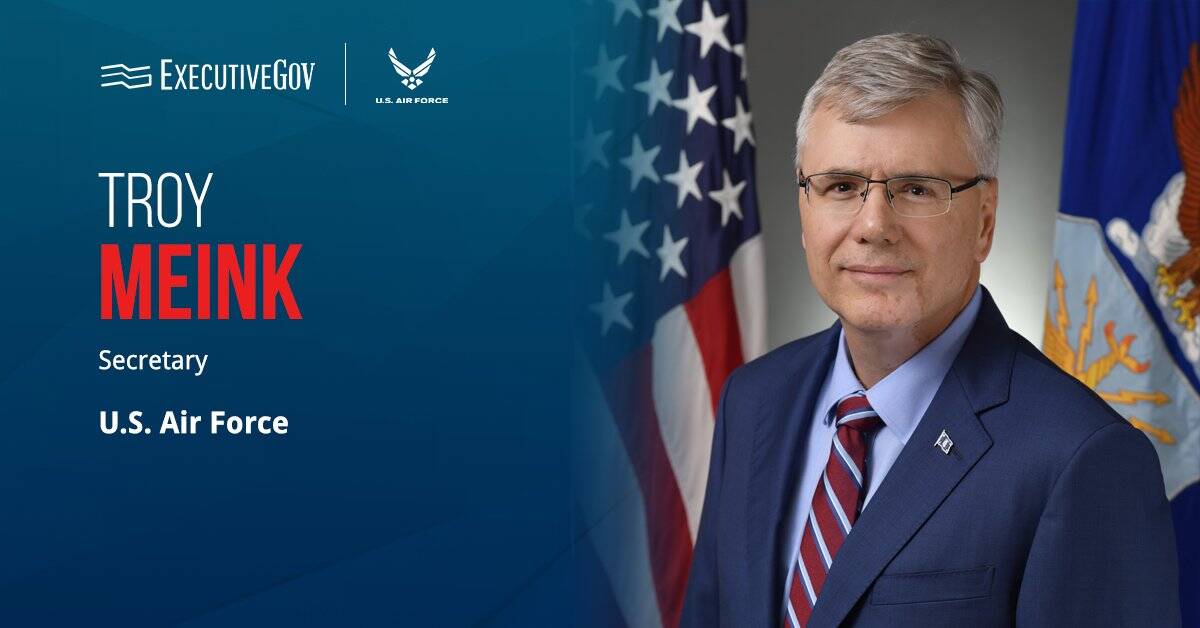
The Congressional Budget Office estimates that the U.S. Navy’s 2019 shipbuilding proposal would, on average, cost $28.9B in 2018 dollars per year throughout the plan’s three-decade duration.
The CBO detailed in a recently-published report a financial analysis of the Navy’s battle force build-up plan, which involves the construction of 301 combat and support vessels from fiscal year 2019 to 2048.
According to the CBO, the shipbuilding program’s projected average annual cost would be 80 percent higher than the average annual funding that the Navy has received for the past 30 years.
The Defense Department submitted the 2019 naval shipbuilding plan to Congress in February 2018. The plan seeks to establish a 355-ship fleet, or 70 vessels more than its total size as of September last year.
Based on CBO’s computations, the plan would cost $801B in 2018 dollars in total.





